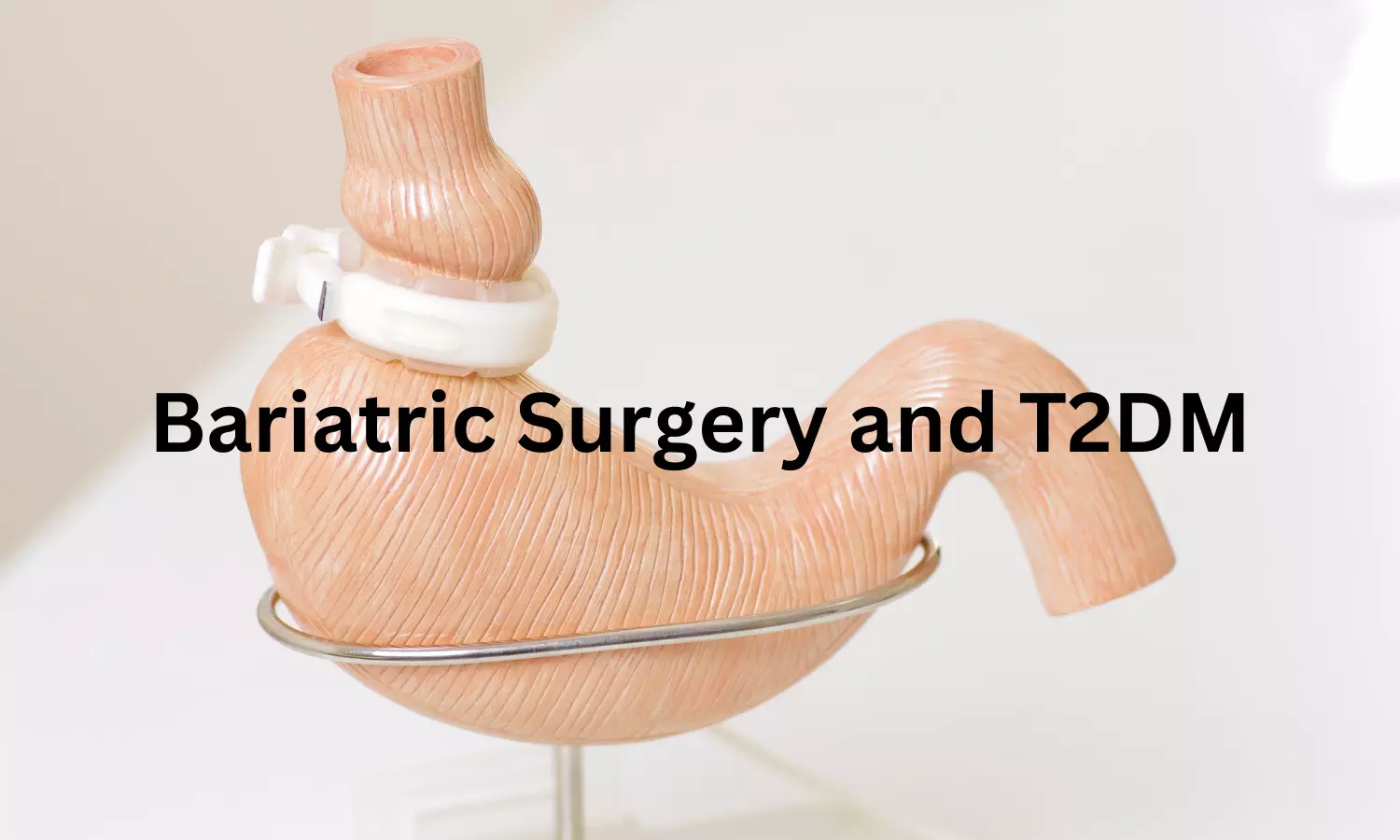- Home
- Medical news & Guidelines
- Anesthesiology
- Cardiology and CTVS
- Critical Care
- Dentistry
- Dermatology
- Diabetes and Endocrinology
- ENT
- Gastroenterology
- Medicine
- Nephrology
- Neurology
- Obstretics-Gynaecology
- Oncology
- Ophthalmology
- Orthopaedics
- Pediatrics-Neonatology
- Psychiatry
- Pulmonology
- Radiology
- Surgery
- Urology
- Laboratory Medicine
- Diet
- Nursing
- Paramedical
- Physiotherapy
- Health news
- Fact Check
- Bone Health Fact Check
- Brain Health Fact Check
- Cancer Related Fact Check
- Child Care Fact Check
- Dental and oral health fact check
- Diabetes and metabolic health fact check
- Diet and Nutrition Fact Check
- Eye and ENT Care Fact Check
- Fitness fact check
- Gut health fact check
- Heart health fact check
- Kidney health fact check
- Medical education fact check
- Men's health fact check
- Respiratory fact check
- Skin and hair care fact check
- Vaccine and Immunization fact check
- Women's health fact check
- AYUSH
- State News
- Andaman and Nicobar Islands
- Andhra Pradesh
- Arunachal Pradesh
- Assam
- Bihar
- Chandigarh
- Chattisgarh
- Dadra and Nagar Haveli
- Daman and Diu
- Delhi
- Goa
- Gujarat
- Haryana
- Himachal Pradesh
- Jammu & Kashmir
- Jharkhand
- Karnataka
- Kerala
- Ladakh
- Lakshadweep
- Madhya Pradesh
- Maharashtra
- Manipur
- Meghalaya
- Mizoram
- Nagaland
- Odisha
- Puducherry
- Punjab
- Rajasthan
- Sikkim
- Tamil Nadu
- Telangana
- Tripura
- Uttar Pradesh
- Uttrakhand
- West Bengal
- Medical Education
- Industry
CTCA before ICA reduces procedure time and contrast-induced nephropathy risk among patients with previous CABG

In a game-changing study, researchers have discovered a more effective approach for patients with previous coronary artery bypass grafting (CABG). Traditional invasive coronary angiography (ICA) for these patients often poses challenges and risks. However, a pioneering trial, the first of its kind, introduced computed tomography cardiac angiography (CTCA) as an adjunct before ICA as it minimizes procedural time and contrast-induced nephropathy.
The study results were published in the journal Circulation.
Individuals with prior coronary artery bypass grafting often need invasive coronary angiography (ICA). Yet, this procedure poses increased technical challenges and higher complication risks for them. Observational research indicates that computed tomography cardiac angiography (CTCA) might aid ICA in this population. However, no randomized controlled trial has validated this approach. Hence researchers conducted a randomized controlled trial called The BYPASS-CTCA Trial to assess the benefit of adjunctive CTCA in patients with previous coronary artery bypass grafting referred for ICA.
In this single-center, open-label randomized controlled trial, patients were evenly divided into two groups: one undergoing CTCA before ICA, and the other undergoing ICA alone. Primary outcomes encompass ICA procedural duration, patient satisfaction measured through a validated questionnaire, and the occurrence of contrast-induced nephropathy. Statistical analyses employed linear regression for procedural duration and patient satisfaction, while logistic regression was used for contrast-induced nephropathy. Significance was determined with P<0.017 and 98.33% confidence intervals. Secondary endpoints included procedural complications and major adverse cardiac events over one year.
Key findings:
- Over a three-year period, 688 patients were randomly assigned, with a median follow-up of 1.0 years.
- The average age was 69.8±10.4 years; 108 (15.7%) were female, and 402 (58.4%) were White.
- The group had a high prevalence of comorbidities, with 85.3% having hypertension and 53.8% having diabetes.
- The median duration from coronary artery bypass grafting to angiography was 12.0 years, and participants had a median of 3 grafts each.
- In the CTCA+ICA group, the ICA procedure was significantly shorter taking 18.6±9.5 minutes, ICA alone took 39.5±16.9 minutes.
- Shorter duration led to improved ICA satisfaction scores, and reduced incidence of contrast-induced nephropathy (3.4% vs. 27.9%).
- The CTCA+ICA group also experienced fewer procedural complications (2.3% vs. 10.8%) and lower rates of major adverse cardiac events at one year (16.0% vs. 29.4%).
Thus, this groundbreaking research signifies a paradigm shift, offering a safer, more efficient path for patients with previous CABG. Considering these compelling outcomes, integrating CTCA before ICA emerges as a promising standard of care for this patient group, revolutionizing heart health management.
Further reading: Jones DA, Beirne AM, Kelham M, et al. Computed Tomography Cardiac Angiography Before Invasive Coronary Angiography in Patients With Previous Bypass Surgery: The BYPASS-CTCA Trial. Circulation. doi:10.1161/CIRCULATIONAHA.123.064465
BDS, MDS
Dr.Niharika Harsha B (BDS,MDS) completed her BDS from Govt Dental College, Hyderabad and MDS from Dr.NTR University of health sciences(Now Kaloji Rao University). She has 4 years of private dental practice and worked for 2 years as Consultant Oral Radiologist at a Dental Imaging Centre in Hyderabad. She worked as Research Assistant and scientific writer in the development of Oral Anti cancer screening device with her seniors. She has a deep intriguing wish in writing highly engaging, captivating and informative medical content for a wider audience. She can be contacted at editorial@medicaldialogues.in.
Dr Kamal Kant Kohli-MBBS, DTCD- a chest specialist with more than 30 years of practice and a flair for writing clinical articles, Dr Kamal Kant Kohli joined Medical Dialogues as a Chief Editor of Medical News. Besides writing articles, as an editor, he proofreads and verifies all the medical content published on Medical Dialogues including those coming from journals, studies,medical conferences,guidelines etc. Email: drkohli@medicaldialogues.in. Contact no. 011-43720751




